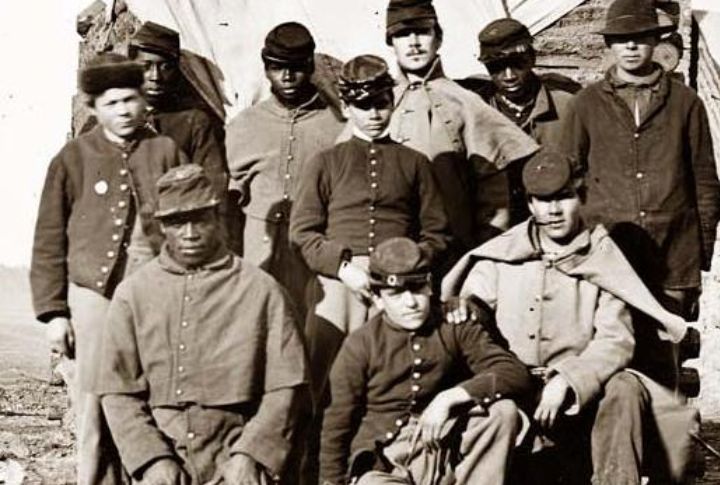
The story of Civil War soldiers isn’t only about battles—it’s about the daily grind, struggles, and resilience that defined their experience. Life on and off the battlefield tested them in many ways. This article shares ten important insights to help understand what soldiers lived through beyond the war itself.
Soldiers Were Often Teenagers
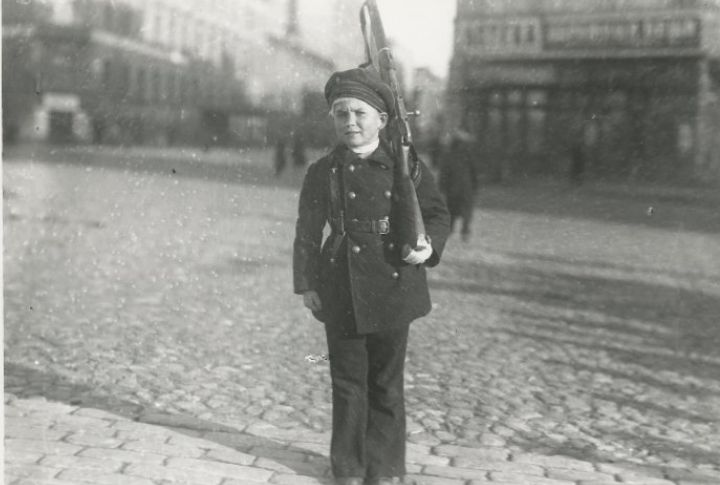
Many Civil War soldiers were still kids. Some were as young as 12, working as drummers or messengers. That’s because armies needed people fast, and age rules weren’t strongly checked. Some boys padded their shoes to seem taller. Many were younger than today’s middle schoolers.
Disease Killed More Soldiers Than Bullets
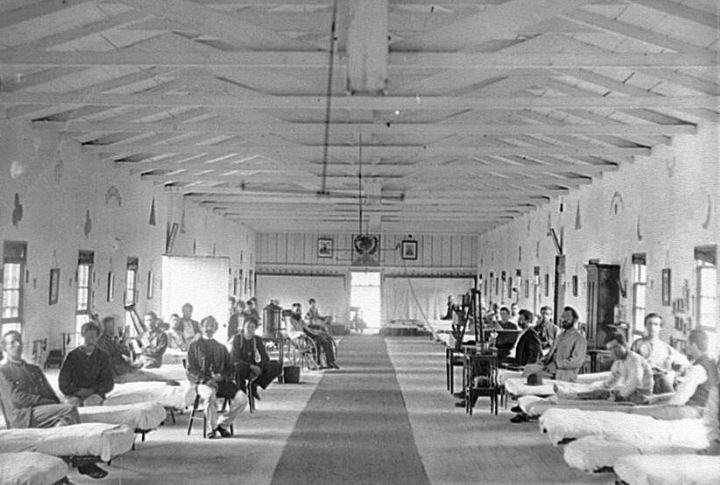
More soldiers died as a result of diseases compared to from fighting. They often fell ill due to the camps’ unsanitary conditions and overcrowding. Germs spread quickly, and doctors didn’t know much about how to stop them. Another hard part was the water; it wasn’t always safe to drink.
What Soldiers Ate In The Camps
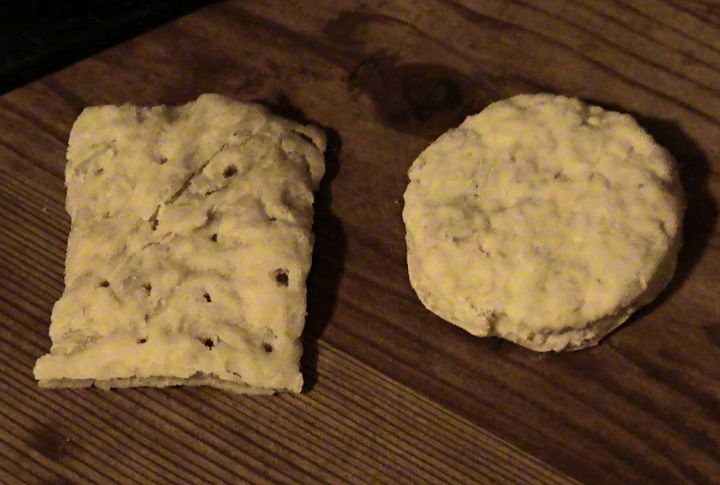
The meals were simple and not always fresh. Hardtack was a dry biscuit that had to be soaked to eat. That’s because real bread couldn’t last long out there. Sometimes, it had bugs inside, but soldiers still ate it to stay full. They even called it “worm castles.”
Waiting Took Up Most Of the Day
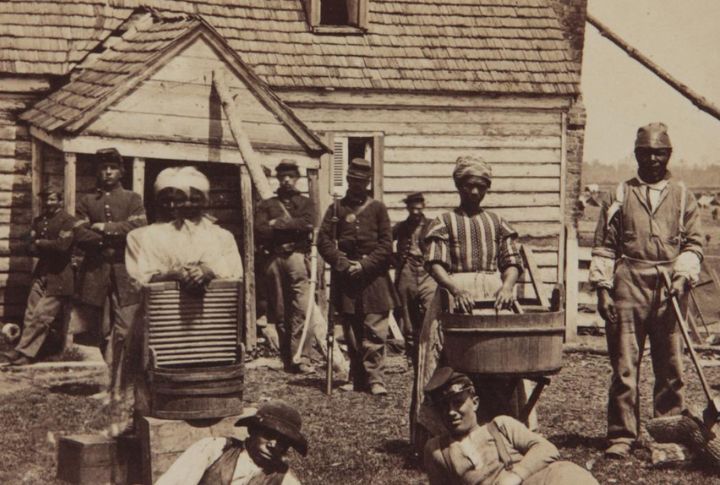
Soldiers didn’t fight all the time. Most days were filled with drills and chores. This made it easy to feel bored or homesick. They passed the time by writing letters or playing baseball. The action came fast, but it didn’t come every day.
Letters Were Their Link To Home
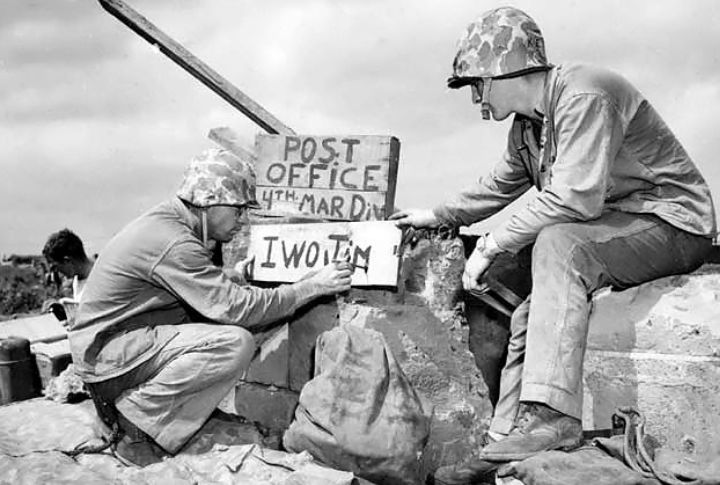
Getting a letter from home could change a soldier’s whole day. Mail came slowly, but it was their best way to feel close to family. Some soldiers added flowers or drawings to their own letters. One letter could make weeks of marching feel worth it.
Music Was A Big Part Of Camp Life
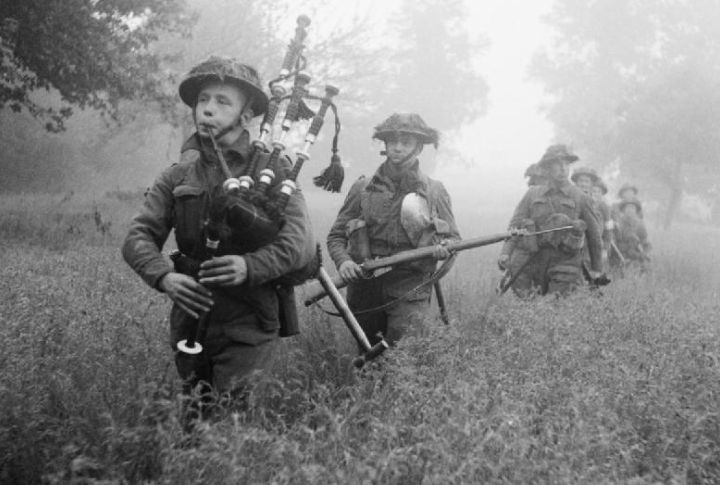
Soldiers didn’t just fight—they sang and played instruments, too. Music helped pass the time and lift spirits. That’s because sounds like drums or bugles gave the camp energy and order. Some soldiers even played harmonicas by the fire at night.
Few Women Fought In Disguise
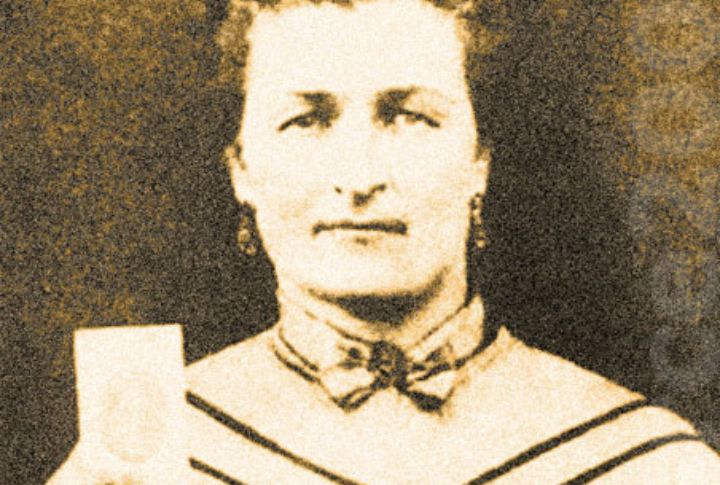
Some women disguised themselves as men to join the war, often going undetected due to limited medical examinations. These women served bravely on the frontlines, motivated by love and a strong desire to contribute to the fight.
Uniforms Weren’t Always Uniform
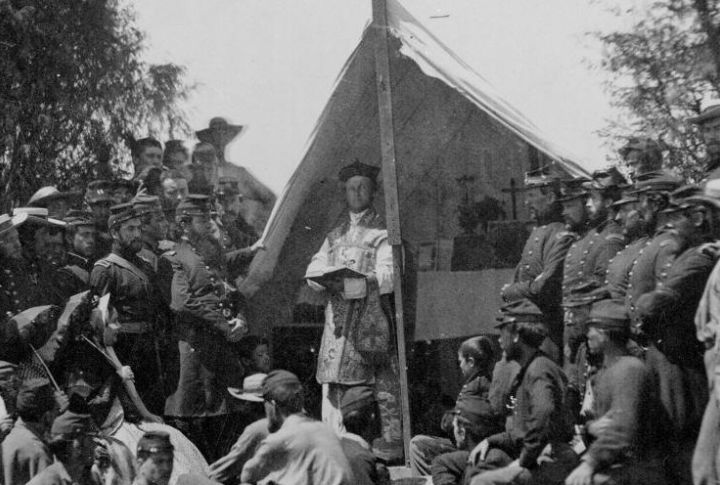
Some soldiers didn’t get official clothes right away. They made changes with what they had—dying fabric with berries or coffee. That’s how they stayed dry or warm in the field. Not every army looked the same on the battlefield.
Alcohol Was Used Like Medicine

Whiskey was passed out to ease pain or give courage before battle. Soldiers used it to clean wounds, too. Some mixed their own versions called “O Be Joyful.” It helped in small ways but couldn’t fix everything.
Harsh Weather Made Every Day Tough
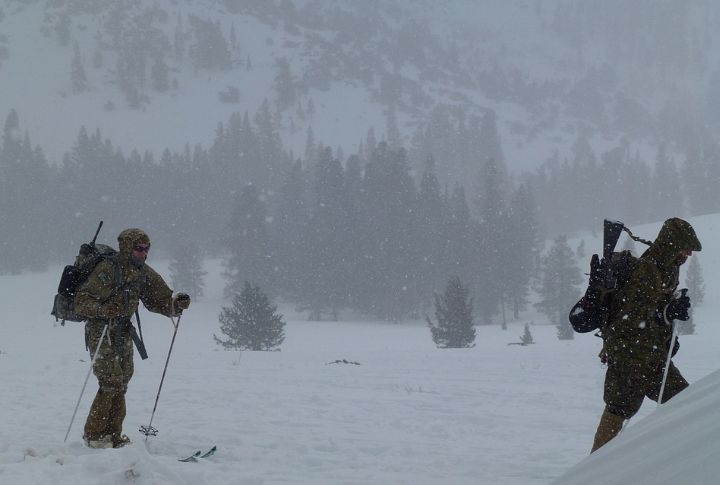
Soldiers faced brutal weather conditions, from scorching heat to freezing winters. Without proper shelter or clothing, many struggled to stay warm or dry. Exposure led to illnesses like frostbite and pneumonia, adding another layer of hardship beyond the battlefield itself.

